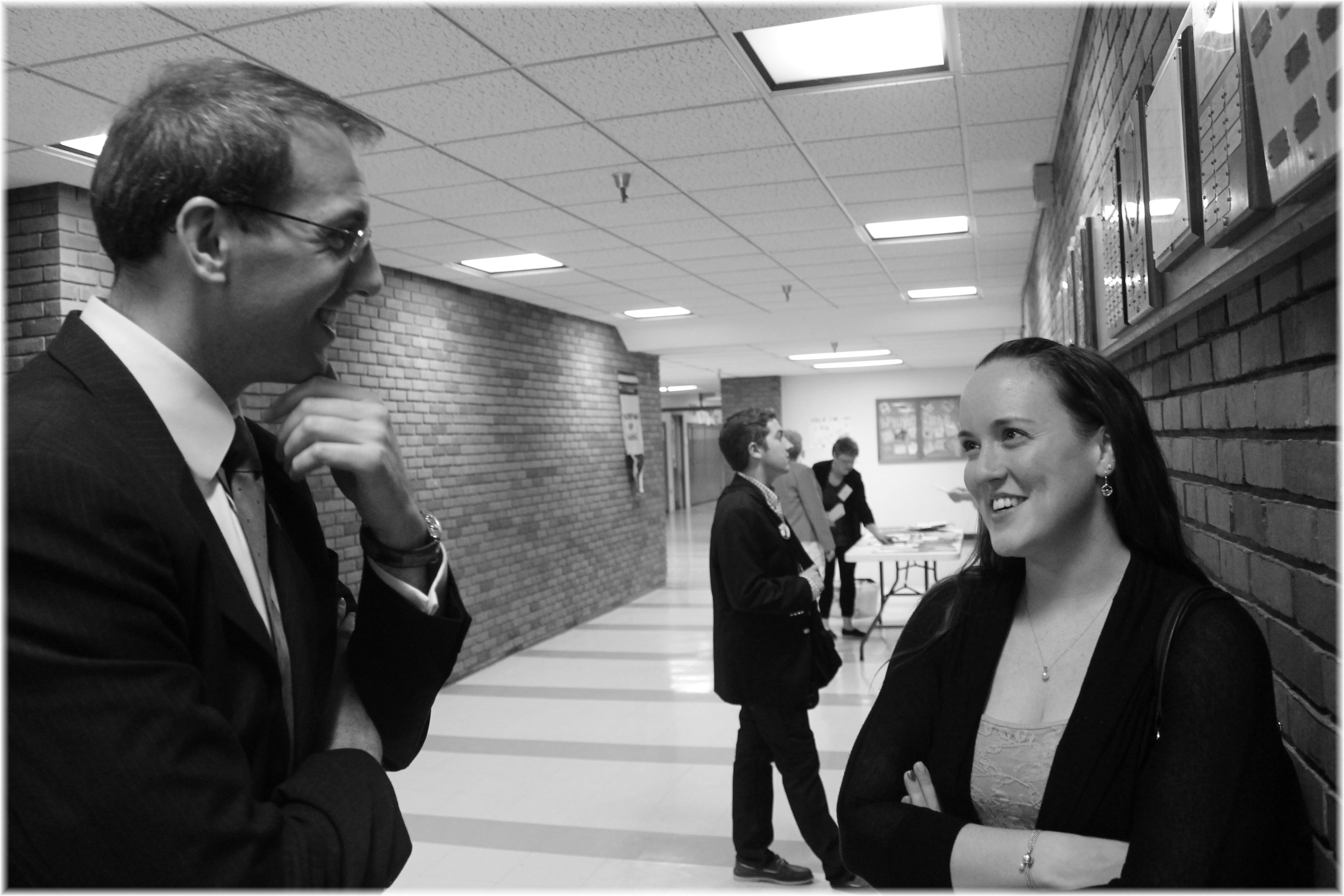BOSTON, Mass.— Mike Lake grew up in Melrose, the son of a single mother who relied on government aid and community support. According to lake, that upbringing made him a believer in the power of public services. Now, as a candidate for lieutenant governor, he supports progressive policies like increasing the minimum wage, single-payer healthcare, reformed drug policies that treat rather than incarcerate addicts and more assistance for homeless families.
Lake has experience with the last topic – he previously served as director of development for the United Way of Massachusetts Bay and Merrimack Valley, where he helped raise $5.8 million in an effort to end family homelessness in Massachusetts. Lake is still passionate about the topic and all issues that relate to it, from affordable housing to employment opportunities.
A Northeastern University alumnus, Lake currently serves as president and CEO of Leading Cities (formerly World Class Cities Partnership at Northeastern University), an organization devoted to establishing partnerships between local and international governments. He also served as President Bill Clinton’s Special Assistant for White House Operations. As a candidate, he boasts endorsements from the Coalition for Social Justice, Mass-Care, the Boston chapter of the Bay State Stonewall Democrats, a number of state reps and local politicians, and former governor Michael Dukakis. His opponents in the Democratic primary race are Cambridge City Councilor Leland Chung and Steve Kerrigan, president of the Massachusetts Military Heroes Fund and a former aide to the late Sen. Ted Kennedy (D – Mass.).
Spare Change News recently spoke to Lake about family homelessness, unemployment and what the government can do to help solve these problems – as well as what government has not been doing. As the self-declared “most progressive candidate” in the race (per the Berkshire Eagle), Lake had plenty to say on the topics, running off stats about homeless families, denouncing casinos as a solution to unemployment and endorsing single-payer healthcare.
What follows is a short selection of a longer interview.
What do these homeless families look like?
There are more than 4,000 families in Massachusetts that do not have a home. Twenty-nine percent have a working parent, mostly single moms. In Massachusetts this year alone, we’ll have more than 20,000 homeless children. The average age is just eight years old – that’s a third grader … It costs [housing programs like] HomeStart less than a thousand dollars a year to prevent them from ever becoming homeless, to allow them to stay in their own homes and keep their kids in school. They’re statistically more likely to drop out than graduate and more likely to get incarcerated. And we’re gonna’ sit there and wonder why our prison population is increasing. The reason is we’re not investing in those children now.
Is it simply an issue of tax investment?
It is in part a matter of where our tax money goes, but it’s also recognizing that we have to make long-term investments now. We have to move away from a system of just investing in symptoms. We have to start tackling the root causes of problems. That’s part of the shift. It costs $40,000 per year to house a family, $48,000 a year to incarcerate a nonviolent offender with an addiction issue, and only $13,000 a year to educate a third grader. However, the other part of that shift is that we need to explore different policies. That’s one of the reasons I support Governor Patrick’s plan to increase affordable housing by 10,000 units a year. We also need to leverage legislation like Chapters 40R and 40S [which reimburse cities and towns for the additional costs of educating new school-age children in smart growth districts.]
Has the local government failed to establish adequate preventative measures?
Up until now, government hasn’t been equipped with the tools. There are new innovations in public policy, such as social impact bonds, that give us these tools. All too often the government is reactionary—they look at a family on the verge of homelessness and say come back to us when you’re homeless. That’s not the right answer. We can leverage opportunities to create organizations like HomeStart to prevent families from ever going homeless.
Moving on from families, what can we do to help childless adult who are homeless?
I’m a supporter of single-payer healthcare. There are too many homeless people today in need of mental health [care]. Massachusetts has decreased spending on mental care more than any other New England state. It doesn’t make sense. When we don’t provide those kinds of services upfront, we end up with more problems. It’s the same thing with addiction. We’re spending one to two billion dollars in expanding prisons in Massachusetts. Addicts don’t need prison, and they don’t need the branding that comes with incarceration. I’m [also] disappointed our solution to unemployment has been casinos. They put mom-and-pop shops out of business, and those are the real job creators. A study by the Kauffman Foundation actually found big business created a net sum of zero new jobs between 1977 and 2005.

Leave a Reply
You must be logged in to post a comment.